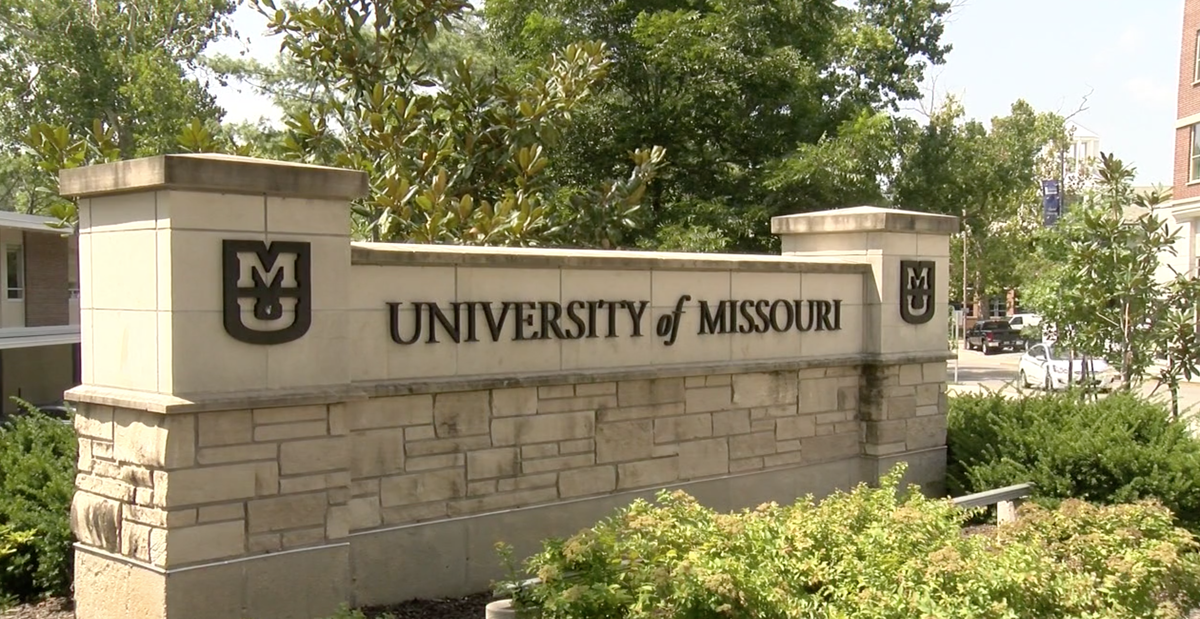UM Board of Curators expected to update policy on hazing

Nia Hinson
COLUMBIA, Mo. (KMIZ)
The University of Missouri Board of Curators will decide on Thursday whether or not it will approve changes to its standard of conduct in relation to hazing on campus.
The “Stop Campus Hazing Act” that went into effect at the beginning of the year requires institutions of higher education that participate in federal student aid programs to report hazing incidents. It also requires universities to include in its annual security report its current policies and the process used to prevent hazing.
According to MU spokesman Christopher Ave, the curators will adjust its current definition of hazing to match that of the new law.
According to the curators’ agenda, the definition of hazing will now be defined as: “any intentional, knowing, or reckless act committed against another person or persons regardless of the willingness of such person or persons to participate.”
The language now also includes and defines hazing as anything that “causes or creates a risk above the reasonable risk encountered in the university or organization. This includes:
Whipping;
Beating;
Striking;
Electronic shocking;
Extreme calisthenics;
Any activity that places another person in reasonable fear of bodily harm
“When you broaden the definition, that allows the prosecuting attorney to then file charges that have more conduct,” former Cole County Prosecutor Bill Tackett said.
According to Tackett, prosecutors ran into problems in getting convictions in a 2021 Phi Gamma Delta fraternity hazing case due to the definition of hazing at the time. Danny Santulli was left unable to walk, talk or see after suffering a traumatic brain injury that night.
A number of former Fiji members at MU took plea deals in the Santulli hazing case. The fraternity was kicked off MU’s campus in 2021.
Tackett said broadening the definition will allow for prosecuting attorneys to file charges that have more types of conduct, which he says is what prosecutors are after in hazing cases. He said he believes under this law, there will be more prosecutions in reported hazing cases.
“It’s just going to happen,” Tackett said. “And I certainly think it’s been proven here in Boone County with the case with Danny Santulli that prosecutors are willing to take this on.”
Mason Heller — a member of the Phi Kappa Theta fraternity on MU’s campus — says the fraternity does not partake in hazing during its recruitment process. According to Heller, the fraternity only requires study hours for members who fall below a certain GPA.
Heller said he believes hazing hinders the bond between members and said he’s thankful the university is taking responsibility for an issue he claims has been problematic for a while.
“I think the culture of silence that Mizzou has had for so long has really perpetuated a lot of harm and I’m excited that the university is finally going to take accountability,” Heller said.
According to the university’s community conduct website, the university had two reports of violations under its current policy in 2024. There have not been any reports so far this year, data shows.